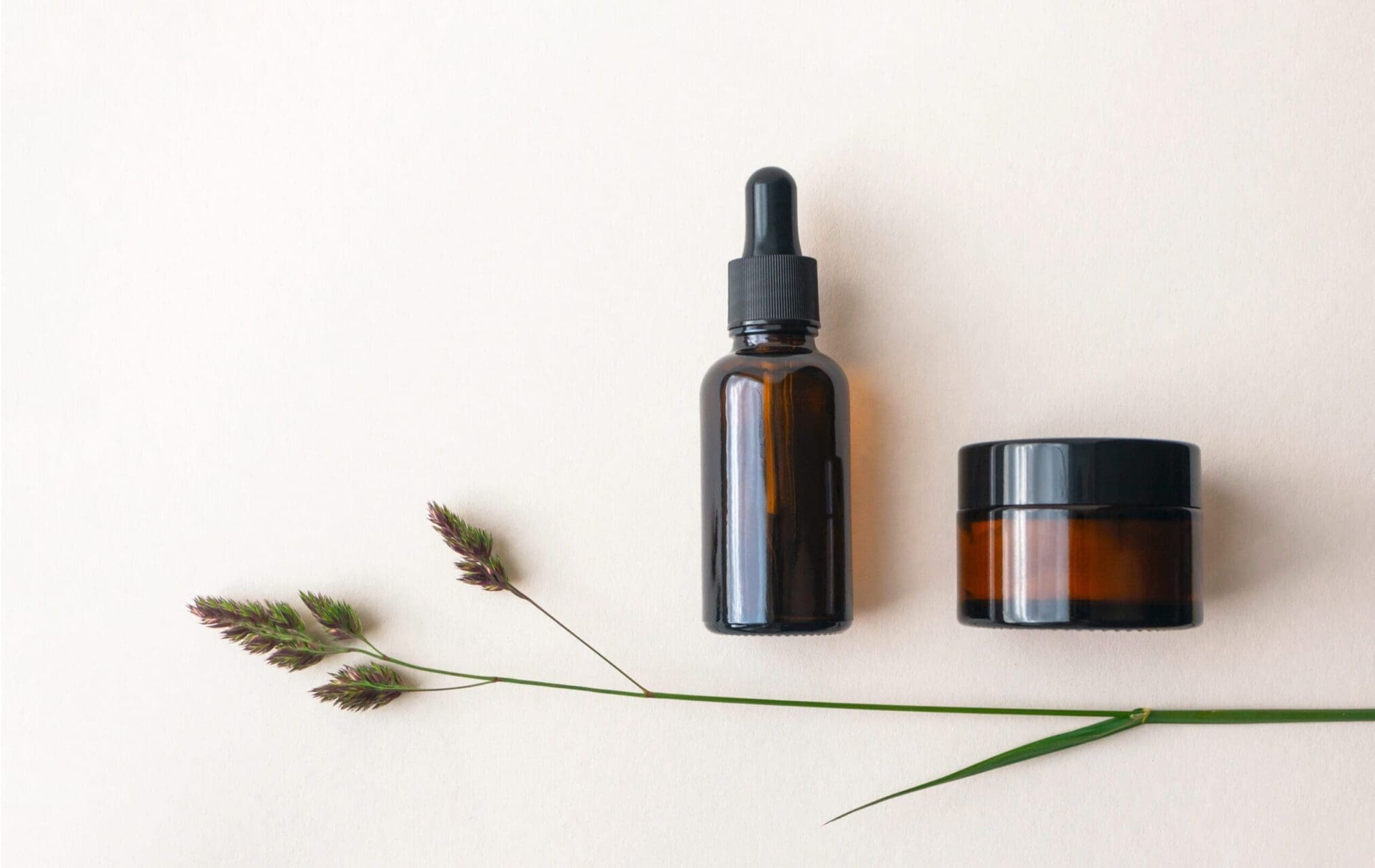On the 27th May 2015, the Scientific Committee on Consumers Safety (SCCS) adopted the opinion SCCS/1552/15 on the safety of α-Arbutin, which is currently open for public comments until 22nd July 2015. This long-awaited opinion finally provides a clear conclusion on the safety of this cosmetic ingredient.
This is great news for the skincare sector and the beauty industry, which will see their concerns on this widely used skin-whitening cosmetic ingredient finally clarified.
Concerns on α-Arbutin
The three iso forms of arbutin – namely α-Arbutin, β-Arbutin and Deoxyarbutin – are widely used ingredients in skin-whitening cosmetics. The main concern associated with them is that they are known to be hydroquinone releasing substances.
According to the EU cosmetics Regulation 1223/2009, hydroquinone is totally banned in cosmetic products for the EU market – with the exceptions of artificial nail systems for professional use only, in which is allowed up to 0,02 % (after mixing for use). Therefore, arbutin was suspected to be potentially harmful for the consumer’s safety, and the possibility of an explicit ban was on the table.
On 25th March 2015, the European Commission requested the SCCS to pronounce on the potential safety of the use of Arbutin in skin-whitening cosmetics, in certain cosmetic formulations and at limited concentrations.
The SCCS establishes restrictions on the ingredient
According to the recently issued opinion SCCS/1552/15, the SCCS considers the use of α-Arbutin safe for consumers in cosmetic products in a concentration up to 2% in face creams and up to 0.5 % in body lotions. The SCCS considers that, even if hydroquinone release occurs at these concentrations, the resulting hydroquinone levels do not pose a major risk on consumer’s safety.
This is great news for the skin-whitening industry, which has now a solid backup for a key ingredient in their cosmetic formulations. The respective SCCS opinions on β-Arbutin and Deoxyarbutin remain to be adopted, but the SCCS is expected to pronounce soon on these compounds as well.
With more than 25 years of regulatory experience, it will be our pleasure to help and advice you on regulatory updates for the EU market, SCCS opinions and cosmetic ingredients in the EU. If you would like to know more on cosmetics products regulatory compliance, please contact us.


